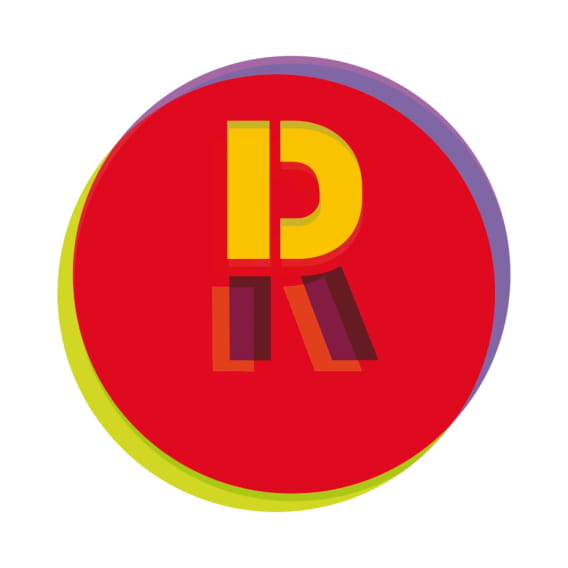Jan Lebenstein (1930-1999)
Jan Lebenstein was a Polish painter and printmaker. He was born on January 5th, 1930 in Brest-Litovsk, died on May, 28th, 1999 in Cracow. He studied painting at studied at the Academy of Fine Arts in Warsaw (1948-1954). He debuted at Warsaw’s Arsenal Exhibition of Young Visual Arts in 1955 “Against War, Against Fascism”, showing a series of landscapes depicting the lackluster suburbs of Warsaw, inspired by the art of Utrillo. The exhibition jury awarded the artist a prize. In 1956 Lebenstein linked up with the Teatr na Tarczynskiej (Tarczynska Street Theatre), run by writer Miron Białoszewski in his Warsaw apartment.
After winning the Grand Prix de la Ville de Paris at the First International Biennale of Young Artists in Paris (Première Biennale des Jeunes à Paris) in 1959, he settled permanently in Paris. He had his first solo exhibitions in Paris: in the Galerie Lambert and the Galerie Lacloche. In 1971 he accepted French citizenship.
His imagination was strongly inspired by the great texts of world culture, by the mythologies of ancient civilizations like Assyria, Babylon, Egypt, and Greece, as he was by the Bible. The cellars of the Louvre, filled with relics of the ancient Sumerian and Babylonian civilizations, fascinated him. He created strange creatures barely recognizable as being of “human derivation” (Carnet intime series, 1960-1965) or “prehistoric” animals (Créatures abominables series, 1960-1965). Beginning with the Bestiaria series (1966–1974), oneiric, mythological scenes steeped in fin-de-siècle eroticism are transferred to the modern metropolis: to metro stations, cheap cinemas, bars.
Lebenstein was also an illustrator of many literary works, e.g.: to the Polish edition of George Orwell’s Animal Farm (Paris, 1974), to the Book of Job (Paris, 1979) and the Apocalypse (Paris, 1983). He also designed stained-glass windows with scenes of the Apocalypse for one of the rooms of the Pallottine Centre du Dialogue in Paris (1972).
In 1976 Lebenstein was granted an award by the New York-based Alfred Jurzykowski Foundation, and in 1987 he received the independent Jan Cybis Prize. In 1998 he received the Great Cross and Star of the Order of the Restoration of Poland from the President of Poland.
Lebenstein always felt he was an artist apart and independent.
